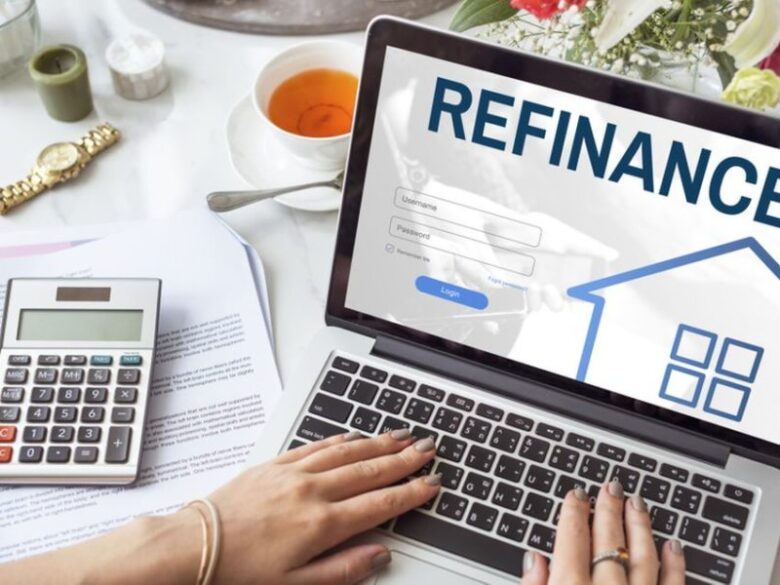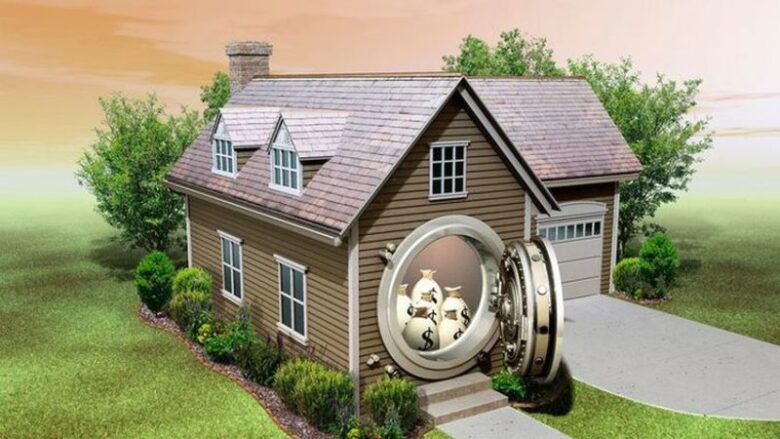Under certain conditions, you may be able to refinance your home mortgage. According to Loans.com.au, there are multiple different ways you can refinance your home loan, depending on where you live, your current mortgage, and your ultimate financial goals. Depending on your situation, you may be able to reduce your monthly mortgage payments or get a better interest rate that will allow you to pay less money in interest over time.
But is it truly a good idea to refinance your home loan?
How Home Refinancing Works

Let’s start by explaining what home refinancing is. Basically, you’ll pay off your existing home loan (mortgage) and replace it with a new one. It’s a way of changing the terms of your mortgage before you’ve completely paid it off under normal circumstances. Different lending institutions have a different process for refinancing, but generally, you’ll undergo a brief audit, your home loan will be analyzed, and your home’s value will be appraised—much the same way it was to get your original mortgage. After you’ve completed all the paperwork and pass all the checks, you’ll finalize your original mortgage and get a new one.
Key Motivations for Refinancing

There are a few key reasons why someone would refinance a home loan, including:
- Attempting to get a lower interest rate. The first and most noteworthy motivation is getting a lower interest rate. For example, let’s say you originally secured a mortgage at a 4.5 percent interest rate. Now, your bank is offering mortgages at a 3.8 interest rate. This may not seem like a big difference, but if you still have many years left on your mortgage, and your principal is significant, over time, this can result in a massive discrepancy in how much interest you pay. Refinancing can help you take advantage of that lower interest rate, with practically no penalty to you (other than the hassle of completing the new paperwork).
- Converting a variable rate mortgage to a fixed-rate mortgage. Adjustable-rate mortgages (ARMs) can sometimes be advantageous to homebuyers, but for the most part, fixed-rate mortgages are superior. ARMs allow banks to make periodic adjustments to your mortgage rate, based on current market conditions. For example, you might have started with a low-interest rate, but over time, that can creep up and increase your monthly mortgage payments. If a lender is offering a reasonable fixed-rate mortgage, refinancing is your opportunity to switch to a fixed-rate version of your loan.
- Taking advantage of equity. There are some cases where you might want to take advantage of the equity you’ve established in your home. Equity essentially refers to the amount of ownership you have in your property. For example, let’s say you bought a $200,000 house, and between your down payment and regular principal payments, you now only owe $50,000 on your loan. This gives you home equity of $150,000. If you’re interested in starting a business, paying for a child’s college education, or making some other big purchase, you may be interested in “tapping into” this equity by refinancing. For example, you could essentially borrow more money via home loan, freeing up cash you could use for other purposes.
- Reducing the terms of the loan. The two main types of mortgages are 15-year and 30-year, referring to the length of time it takes to pay off the loan. Obviously, 15-year mortgages can be paid off much quicker than 30-year mortgages, but they also come with higher monthly payments. In some scenarios, this can be financially advantageous. For example, you might want to reduce your total debt in anticipation of a big purchase, or you might simply want to rest assured, knowing that you’re no longer responsible for making monthly payments on your home.
Should You Refinance Your Home Loan?

So does it make sense for you to refinance your home loan? Ask yourself these questions:
- How do today’s interest rates compare to yours? Look up home loan interest rates and see how they compare to yours. If they’re significantly lower, and you still have many years of payments to go, it could be wise to refinance.
- Are you tired of your adjustable-rate mortgage? ARMs can be problematic for some homeowners; refinancing is your way to get out.
- Do you need to take advantage of your home equity? Are you interested in utilizing your existing home equity? If so, refinancing could be a good tool.
- Do you want to pay off your home loan faster? Reducing the length of your mortgage through refinancing could be the best way to do it.
Refinancing isn’t right for every homeowner, but it can be highly valuable for those who seek to pursue it. Think critically about your current situation, and talk to a lending provider to learn more about the options available to you. If you are interested more about this topic, feel free to click here to get more information.



